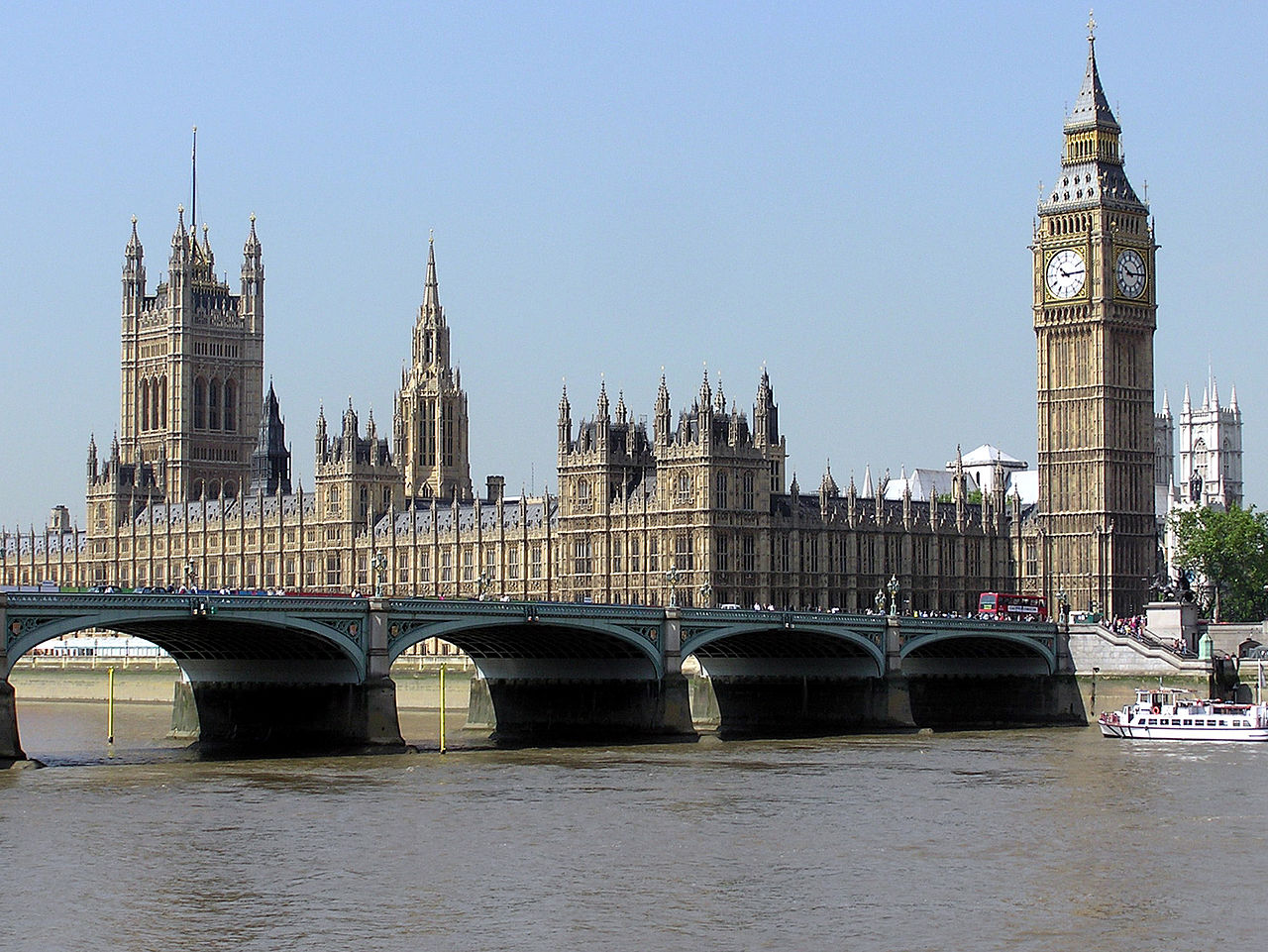United Kingdom (UK) Members of Parliament who were part of a committee looking into government functioning said that cyber attacks may have occurred during the Brexit process last year.
In their report, the UK parliament's Public Administration and Constitutional Affairs Committee (PACAC) stated that they could not rule out the possibility of a distributed denial of service (DDOS) attack against the ‘register to vote’ website, on which over a million potential voters applied in the run up to the deadline two weeks before last June's vote. The government extended the cut-off point after the website crashed, blaming it on a late rush by mainly young citizens.
“PACAC does not rule out the possibility that the crash may have been caused by a DDOS (distributed denial of service attack) using botnets. Lessons in respect of the protection and resilience against possible foreign interference in IT systems that are critical for the functioning of the democratic process must extend beyond the technical. The US and UK understanding of ‘cyber’ is predominantly technical and computer-network based. For example, Russia and China use a cognitive approach based on understanding of mass psychology and of how to exploit individuals. The implications of this different understanding of cyber-attack, as purely technical or as reaching beyond the digital to influence public opinion, for the interference in elections and referendums are clear. PACAC is deeply concerned about these allegations about foreign interference,” the report said.
The report also tackled the issue of popular referendums in general, criticising the government for allowing a “perception of bias” to appear prior to the vote. It also made recommendations which would improve the legislation and regulatory framework for referendums, as well as for the government, civil service and Electoral Commission in the effective conduct and delivery of any future such procedures.
The conclusion of the report stated, “While it is perfectly legitimate for the Prime Minister and government to take an official position during a referendum campaign, the fairness, and legitimacy, of a referendum rests on a careful and restrained use of the machinery of government. Unfortunately, many of the Government’s actions in the run-up to the referendum appear to have increased public distrust.”
The committee was critical of the government's failure to prepare for a vote for Brexit and former Prime Minister David Cameron's motives for calling the referendum in the first place, saying it was held for the wrong reasons.



